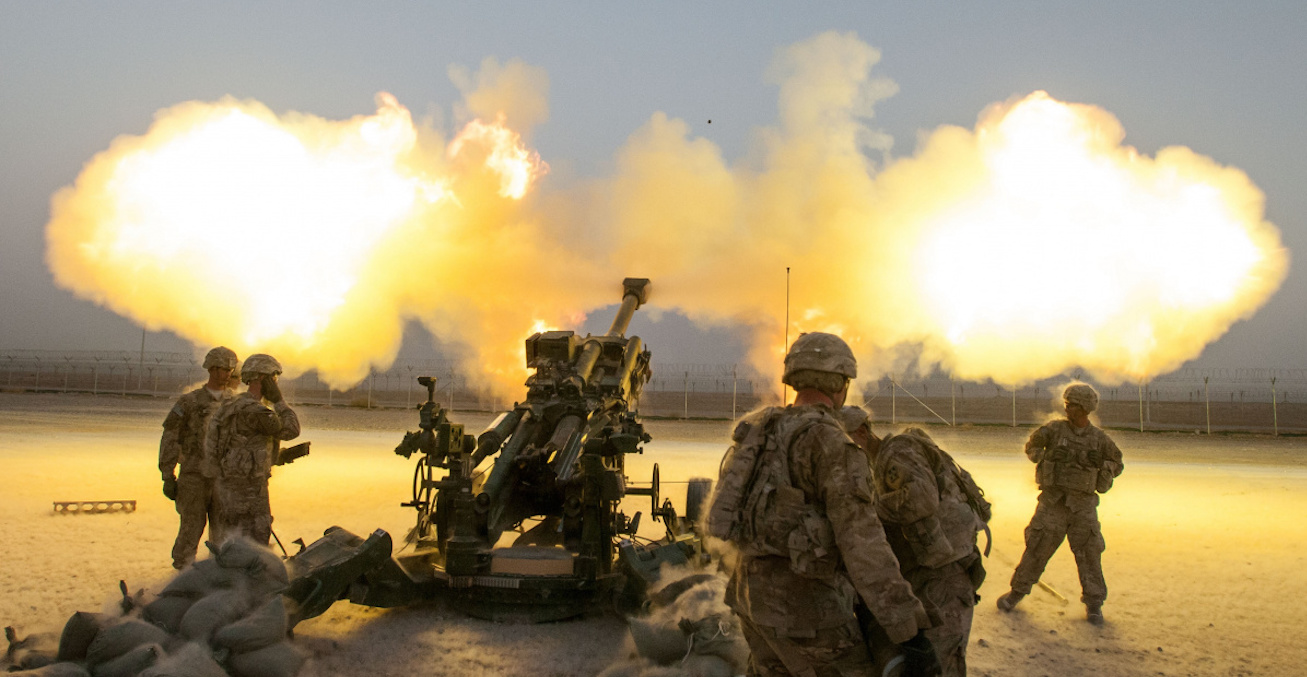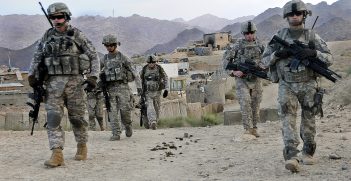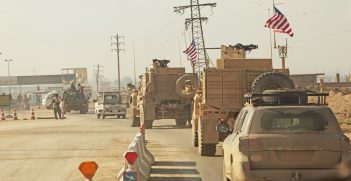How Wars End

War remains common in the modern world and its devastating effects demand that we try to end it. Why do some negotiations fail and what conditions are required to end war?
Some wars are necessary; diplomats could persuade neither Hitler nor al-Baghdadi to halt their aggressions. Other wars are the result of greed, territorial disputes or stupidity, or a combination of each. But all are destructive and all need to find a way to end, be it through military victory or negotiation.
There are five key principles to help identify when the time is right to invest in peace-making and to maximise the chance of making peace successful.
Principle One: Conditions have to be right to end war
Wars may be “ripe” for ending or have “ripeness” created. If a belligerent believes they can gain more by fighting than by negotiation then the focus should be on changing the belligerent’s belief. This can be by improving the benefits of peace or increasing the cost of continuing fighting. For example, in the Bosnian War, the Serbs were forced to sign the Dayton Agreement in 1995 only after compelling military action by North Atlantic Treaty Organization (NATO).
In many conflicts neither party is able to achieve victory. This may result in a “hurting stalemate”. If both sides realise they cannot meet their military goals, the stalemate might persuade them to accept lesser goals. For example, after more than 20 years of conflict, by the early 1990s many within the Provisional Irish Republican Army (IRA) realized that the military solution would not succeed. The British had since ceased trying to defeat the IRA and focused on limiting the violence. The result of this hurting stalemate was the Good Friday Agreement of 1995.
Principle Two: Independent and trusted mediation
Conflict resolution is more likely to succeed with an independent, impartial mediator who has sufficient authority to command respect and, at times, compel obedience to rules of the process. Much of the success of the 2005 Helsinki Aceh Peace Agreement between the Indonesian government and the Free Aceh Movement rested on the authority of mediator President Martti Ahtisaari, who in turn drew on the support of the European Union and other countries.
Further, even during the height of conflict, private back-door channels of communication should be developed to allow both sides to communicate, which may eventually allow negotiation to begin. Despite Margaret Thatcher’s famous line “we do not talk to terrorists”, elements of the British Government were talking to the IRA throughout the conflict, even at its most intense. When the conditions were right for war to end, the mechanisms were already in place to allow it to happen.
Principle Three: Negotiation needs to be meaningful and between the right people
All agreements to end conflict must address the causes and drivers of the conflict, which may differ. Groups created and forged by war develop their own distinct cultures that need to be understood and addressed in negotiation.
Participants to negotiations also need to have compelling authority, to ensure that factions do not undermine the process or continue the conflict. For example, in the Sierra Leone War, the leadership of the Revolutionary United Front that negotiated the 1999 Lomé Peace Agreement had lost control of its military cadre who continued fighting. In contrast, the British deliberately protected the command structure of the IRA to enable Gerry Adams and Martin McGuiness to bring the whole of the IRA to the Good Friday Agreement.
Principle Four: Transitions to peace must be mapped and agreed; successful peace is built, not imposed
Where one side has been persuaded or coerced into negotiation, the means of persuasion or coercion must be maintained throughout the implementation of the peace agreement. In Sierra Leone, the guerrillas needed to be coerced into disarmament, but the Government dispatched or disbanded the means of coercion before the peace agreement had been fully implemented. As a result, war continued.
Disarmament, demobilisation and reintegration of combatants is critical to sustaining post-agreement security. Ensuring self-respect and income for ex-combatants is critical to building peace. Again, in Sierra Leone, offering places in the new Sierra Leone Army to guerrillas was important in persuading them that there was more to be gained by peace than war.
Principle Five: The international community can play an important, or a complicating, role
The international community can persuade or coerce combatants by offering rewards and punishments for the success or failure of conflict resolution. It can also offer guarantees, such as by providing peace-keepers and monitors.
In critical situations, the international community may intervene as a third party to a conflict to compel its end. This is especially so where a government is unable or unwilling to apply its own authority to end conflict. But intervention may jeopardise the international community’s perceived impartiality to oversee the mechanics of any subsequent peace process.
Professor Damien Kingsbury holds a Personal Chair and is Professor of International Politics at Deakin University. He has coordinated several international election observer missions and has been adviser to several separatist organisations, helping broker peace agreements in three cases.
Richard Iron CMG OBE served in the British Army in Northern Ireland, the Falkland Islands, Oman, the Balkans, Sierra Leone and Iraq. He was a visiting fellow at the Changing Character of War programme at the University of Oxford,
This article is a summary of a conversation between Damien Kingsbury and Richard Iron hosted by AIIA VIC on 5 April 2018.
This article is published under a Creative Commons Licence and may be republished with attribution.





